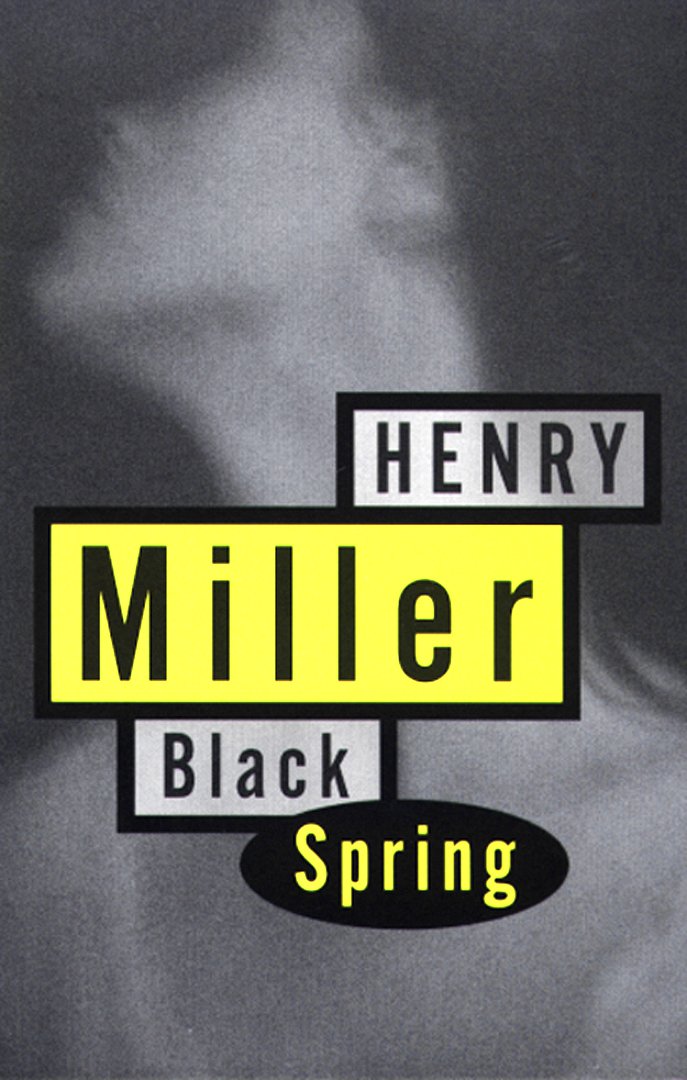What do you think?
Rate this book


243 pages, Paperback
First published January 1, 1936
To be born in the street means to wander all your life, to be free. It means accident and incident, drama, movement. It means above all dream. A harmony of irrelevant facts which gives to your wandering a metaphysical certitude. In the street you learn what human beings really are; otherwise, or afterwards, you invent them.
And then one day, as if suddenly the flesh came undone and the blood beneath the flesh had coalesced with the air, suddenly the whole world roars again and the very skeleton of the body melts like wax. Such a day it may be when first you encounter Dostoevski. You remember the smell of the tablecloth on which the book rests; you look at the clock and it is only five minutes from eternity; you count the objects on the mantelpiece because the sound of numbers is a totally new sound in your mouth, because everything new and old, or touched and forgotten, is a fire and a mesmerism. Now every door of the cage is open and whichever way you walk is a straight line toward infinity, a straight, mad line over which the breakers roar and great rocs of marble and indigo swoop to lower their fevered eggs.
It’s staggeringly beautiful at this hour when every one seems to be going his own private way. Love and murder, they’re still a few hours apart. Love and murder, I feel it coming with the dusk: new babies coming out of the womb, soft, pink flesh to get tangled up in barbed wire and scream all night long and rot like dead bone a thousand miles from nowhere. Crazy virgins with ice-cold jazz in their veins egging men on to erect new buildings and men with dog collars around their necks wading through the muck up to the eyes so that the czar of electricity will rule the waves.
I want a world where the vagina is represented by a crude, honest slit, a world that has feeling for bone and contour, for raw, primary colors, a world that has fear and respect for its animal origins. I'm sick of looking at cunts all tickled up, disguised, deformed, idealized. Cunts with nerve ends exposed. I don't want to watch young virgins masturbating in the privacy of their boudoirs or biting their nails or tearing their hair [...].
Pressed up against a woman so tight I can feel the hair on her twat. So tightly glued together my knuckles are making a dent in her groin.
Seeds falling down through the drain: young canteloupes, squash, caviar, macaroni, bile, spittle, phlegm, lettuce leaves, sardines' bones, Worcestershire sauce, stale beer, urine, bloodclots, Kruschen salts, oatmeal, chew tobacco, pollen, dust, grease, wool, cotton threads, match sticks, live worms, shredded wheat, scalded milk, castor oil.
What's in the seed scares the living piss out of me: a brand new world is coming out of the egg and no matter how fast I write the old world doesn't die fast enough. I hear the new machine guns and the millions of bones splintered at once; I see dogs running mad and pigeons dropping with letters tied to their ankle.